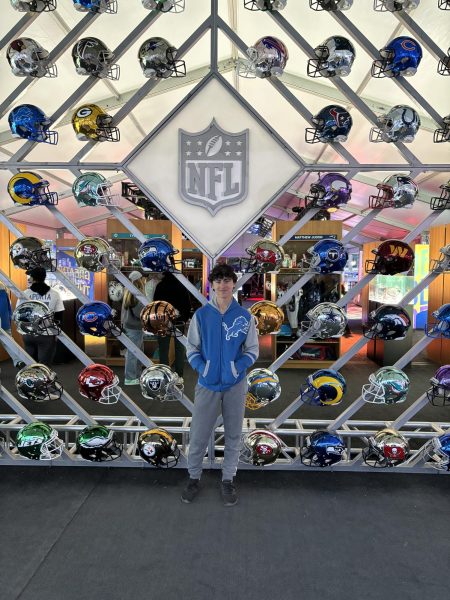Prospective student athletes should begin the recruitment process once they determine their athletic and academic aspirations
Having gone through the recruiting process, I understand the stress and constant pressure of deciding where I wanted to play a collegiate sport. I went through the college search two years earlier than most of my peers, starting in the fall of my freshman year.
Spending countless hours emailing coaches, filling out recruiting questionnaires and putting together a skills video, I often got the same question from friends, family and teachers: “Aren’t you a little young to have to decide where you wanted to play college softball?”
The answer for me was an easy one; no, I wasn’t. I’m not sure if I could have told them that at the time, but looking back on it now, I’m glad I got involved in the recruiting process when I did.
But how young is too young when it comes to athletic recruiting?
Delaware native and 2015 grad, David Sills was recruited by the University of Southern California at age 12 and verbally committed to play football for the Trojans at 13. Call me crazy but a 13 year old can barely go to the movie theater without his mom let alone possess the maturity to know where he wants to spend four years studying and playing collegiate athletics.
According to the National College Athletic Association, 70-80 percent of kids who begin playing a sport at a young age eventually drop out by age 15. Based on Sill’s pre-requisites, I doubt he will be quitting football anytime soon. But for any young athlete, they must consider their passion for the sport, their God given talent and their desire to put in the effort because those are three things that will determine how far they can get in their sport.
What many prospects don’t realize is that only six percent of high school athletes go on to play collegiate athletics and only two percent receive scholarships.
I would never discourage young athletes from following their dreams. I was doubted. I got multiple pairs of eyes rolled at me. I was told many times that I may want to reconsider my softball abilities. But at all costs, I decided I would prove some people wrong and would make it. I encourage all young athletes to do the same because they often times will surprise themselves and others around them.
After being recruited, I found the following things to be extremely helpful. Go to the college’s camps and continually email its coaches. Give them your game schedule well in advance so they have many opportunities to see you play. Making sure your name is on their radar early is crucial to success.
I’m not going to give an exact age of when one should begin seeking attention from college coaches. I believe that once athletes can pinpoint their athletic and academic aspirations, they should get themselves out into the world of recruitment.





